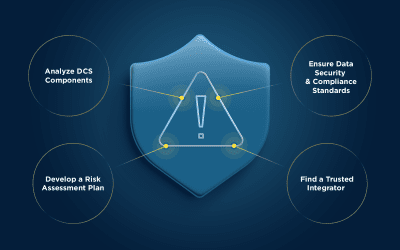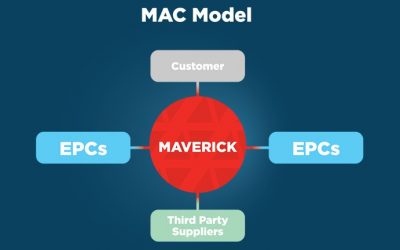Is Your MES Integrated with Your Business Goals?
In the past 10 years alone, there have been some big changes in the MES space. Not just changing business requirements or changing manufacturing work. I???m talking about changes that come from new technology and new architectures and solutions presented by the various MES vendors. The good news is, most of these changes are really pretty good ??? and a lot of the new technology is excellent and well worth taking a close look at.
But, yes, there???s some bad news, too: The basic business requirements haven???t really changed, nor has the actual job of manufacturing down on the shop floor. Yes, there have been some changes due to regulations and some changes in the labor mix and such. But fundamentally, the business requirements for a manufacturing operation are pretty much the same as they were 10 years ago, or even 20 or 30 years ago.
So, how do you decide if any of the new MES technology or solutions are really worth it? Well, we have to ask ourselves the same question we did 10 years ago: Does the new stuff really meet our business goals? Fundamentally, that???s all that matters.
Every MES solution you employ should support the basic requirements of the business. There???s just no reason to purchase the latest or coolest MES product from this year???s hot MES vendor just because. It has to provide clear and demonstrable benefits. Benefits that are measured and tracked and have some solid dollar signs attached to them.
So, what kinds of benefits are possible? What kind of business requirements can an MES system meet? What can an MES system really do that really benefits the business?
Well, a lot, actually.
One of the best advantages of an MES is that it can provide a very easy and simple mechanism for tracking basic activity on the shop floor. Almost every manufacturing company has some basic requirements to know what is going on there. Some people might call this visibility and others might think of it as simply creating enterprise batch records. Some people use terms like manufacturing performance or manufacturing metrics.
Regardless of the details, this is one big area where an MES is a definite benefit. Getting the data, getting it organized, presenting it, storing it, analyzing it, putting it in batch records ??? it???s all a major advantage. And most of it can align very easily with the business goals. The key is to start with the goal in mind, focus on what the business needs, then make sure the MES delivers that. If it can, it can be a big benefit for the business.
Yes, there are lots of other things to keep in mind, such as total cost of ownership, change management and training, and project management like scope, schedule and budget. But it all comes down to benefits to the business. If you give the business what it needs, you can survive some bumps in the road. If you don???t, it really doesn???t matter how ahead of schedule and under budget your project was ??? it???ll be a failure.
That may sound harsh, but it???s a simple truth in the business world we live in today. So don???t be swayed by new and cool solutions and technology. Be relentless in your pursuit of the benefits. Make the MES do what the business needs. Do that, and you and your project will be a huge success.
How has your MES helped meet your business goals?


